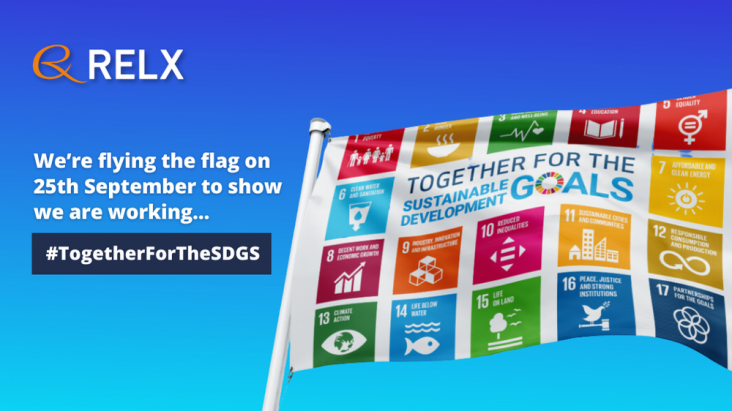Elsevier,
Artificial Intelligence in Clinical Practice, How AI Technologies Impact Medical Research and Clinics
2024, Pages 395-399
To harness the power and promise of AI in global health, adequate investment must be made in communication, computer systems, and supporting personnel to collect, curate, and manage the data necessary to enable benefits and minimize harm from the use of AI-related tools. In developed countries, this has either occurred or is underway. Developing countries run the risk of widening the digital divide if this does not occur. This chapter supports SDG3.

As we enter the ninth year since the adoption of the UN Sustainable Development Goals (SDGs) in 2015, the pressing need to meet these ambitious objectives becomes ever more evident.
Advance directives give people the right and agency to determine what treatment they should receive when they are unable to make such decisions during an episode of illness
This Viewpoint supports SDG 3 and 10 by describing the health effects of settler colonial erasure and racial capitalist exploitation, arguing that widespread epistemic and material injustice, long noted by marginalised communities, is more apparent and challengeable with the consistent application of these two frameworks.
This Comment article supports SDG 3 and 10 by calling on all countries to urgently prioritise strengthening resilient and equitable health systems to achieve universal health coverage, framing universal health coverage as a matter of health, rights, and justice, as well as a key enabler of human security.
This article advances SDG # 3, 4, 8, 10 and 13 by compiling evidence showing that climate change and its various consequences can adversely affect brain development in the fetal through the early childhood stages. Long-term consequences on health, education and economies are significant. T
The chapter advances Goals 5 and 10 by educating mental health providers on how to provide culturally sensitive care to all women.
As thousands of people arrive at the USA border requesting asylum, it is only fair that they are treated with the same dignity as any other person.
This content aligns with Goal 3: Good Health and Wellbeing and Goal 10: Reduced Inequalities by providing coverage of neural prosthetics (NPs) to restore lost limb function due to neural damage.
This content aligns with Goal 3: Good Health and Wellbeing and Goal 10: Reduced Inequalities by providing an overview of low vision as well as defining concepts such as low vision, disorder, impairment, activity limitation, or participation restriction.
